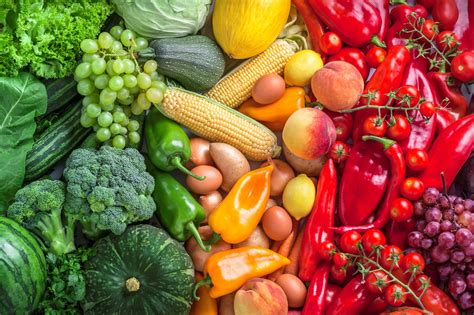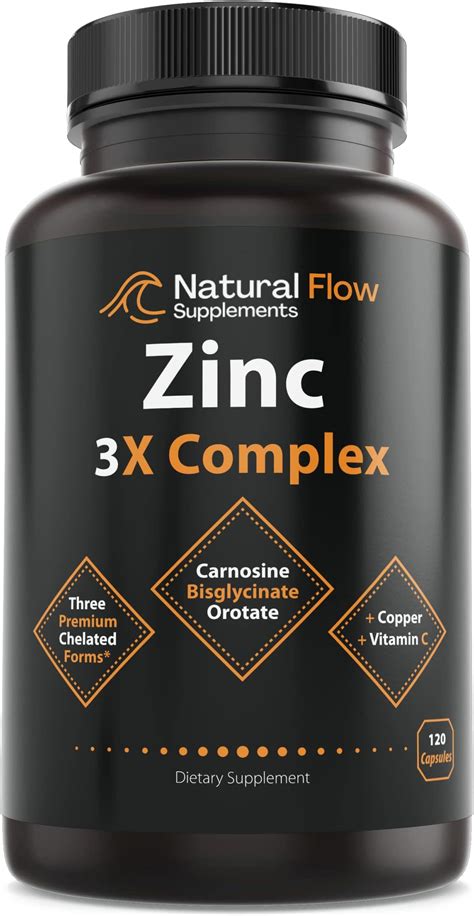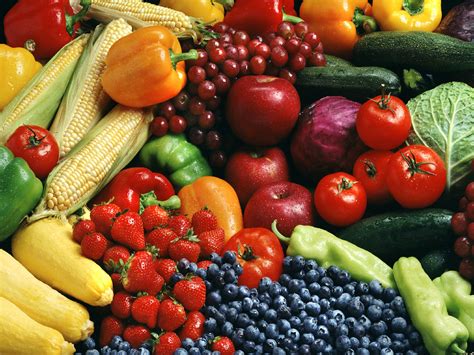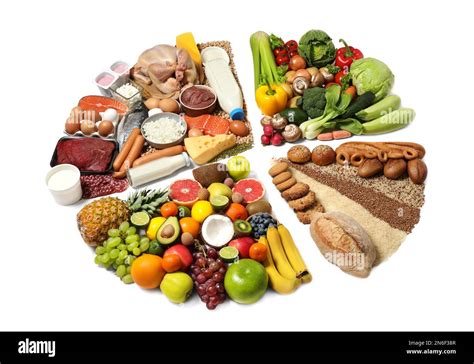How can diet optimize testosterone for men’s peak performance?

The Crucial Role of Testosterone in Men’s Performance
Testosterone, often synonymous with masculinity, plays a far more expansive role in men’s health than just muscle mass and libido. Optimal testosterone levels are fundamental for maintaining energy, mood stability, cognitive function, bone density, and overall vitality. When levels dip, men may experience fatigue, decreased strength, reduced motivation, and even a decline in mental sharpness. While various factors influence testosterone, diet emerges as one of the most powerful and modifiable levers we can pull to support healthy hormone production and unlock peak performance.
Building Blocks: Macronutrients for Hormone Health
The foundation of any performance-enhancing diet, especially one aimed at optimizing testosterone, lies in the intelligent balance of macronutrients – fats, proteins, and carbohydrates.
Healthy Fats: Non-Negotiable for Hormone Synthesis
Forget the low-fat craze of yesteryear; healthy fats are crucial for testosterone production, as cholesterol (a type of fat) is a precursor to all steroid hormones, including testosterone. Prioritize a mix of saturated, monounsaturated, and polyunsaturated fats from whole food sources. Incorporate avocados, olive oil, nuts, seeds, and fatty fish into your diet regularly. These fats provide essential building blocks and support overall cellular function.

Quality Protein: Supporting Growth and Repair
While protein doesn’t directly boost testosterone, it’s essential for muscle repair, growth, and overall bodily function. Adequate protein intake ensures your body has the amino acids needed to maintain lean muscle mass, which in turn supports a healthy metabolic environment conducive to optimal hormone levels. Lean meats, poultry, fish, eggs, and plant-based sources like legumes and tofu are excellent choices.
Complex Carbohydrates: Fueling Performance and Recovery
Carbohydrates are your body’s primary energy source. Consuming too few can stress the body, potentially leading to a drop in testosterone. On the other hand, excessive intake of refined carbohydrates can contribute to insulin resistance and weight gain, both detrimental to testosterone levels. Focus on complex carbohydrates from whole grains, fruits, and vegetables to provide sustained energy, support recovery, and maintain a stable hormonal environment.
Micronutrients: The Unsung Heroes of Testosterone Production
Beyond the macronutrients, several key vitamins and minerals act as cofactors in the complex biochemical pathways that lead to testosterone synthesis.
Zinc: The Essential Mineral
Zinc is perhaps the most well-known mineral for its direct link to testosterone. Deficiency in zinc is strongly associated with hypogonadism (low testosterone). Foods rich in zinc include oysters, red meat, poultry, beans, nuts, and pumpkin seeds. Regular intake of these foods can help maintain adequate zinc levels.

Vitamin D: More Than Just a Vitamin
Often referred to as a hormone itself, Vitamin D plays a significant role in testosterone production. While sunlight exposure is the primary source, dietary intake from fatty fish (salmon, mackerel), fortified dairy, and egg yolks can contribute. Many men may benefit from supplementation, especially those with limited sun exposure or diagnosed deficiency, under medical guidance.
Magnesium: The Performance Mineral
Magnesium is involved in over 300 enzymatic reactions in the body, including those related to testosterone production and muscle function. Studies have shown a positive correlation between higher magnesium intake and free testosterone levels. Leafy green vegetables, nuts, seeds, legumes, and dark chocolate are excellent dietary sources.
B Vitamins: Energy and Hormone Support
Various B vitamins, particularly B6 and B12, contribute to energy metabolism and overall cellular health, indirectly supporting a healthy hormonal profile. Incorporate whole grains, eggs, meat, and leafy greens to ensure adequate B vitamin intake.
Power Foods to Integrate into Your Diet
To put it all together, here are some specific foods that encapsulate the principles discussed:
- Fatty Fish (Salmon, Mackerel, Sardines): Rich in Omega-3 fatty acids and Vitamin D.
- Eggs: A complete protein source, containing healthy fats and Vitamin D.
- Oysters: One of the richest sources of zinc.
- Leafy Green Vegetables (Spinach, Kale): Packed with magnesium and various vitamins.
- Avocados: Excellent source of healthy monounsaturated fats.
- Berries: High in antioxidants to combat oxidative stress.
- Nuts and Seeds (Walnuts, Almonds, Pumpkin Seeds): Provide healthy fats, zinc, and magnesium.
- Lean Red Meat: A good source of protein, iron, and zinc.

Foods to Limit or Avoid for Optimal Testosterone
Just as important as what you eat is what you choose to limit or avoid. Certain dietary elements can actively work against healthy testosterone levels:
- Processed Foods and Sugary Drinks: High in refined sugars and unhealthy fats, these contribute to inflammation, insulin resistance, and weight gain, all of which can negatively impact testosterone.
- Excessive Alcohol: Chronic heavy alcohol consumption can disrupt the endocrine system, leading to decreased testosterone.
- Trans Fats: Found in many fried foods and baked goods, trans fats are detrimental to cardiovascular health and hormone balance.

Hydration and Lifestyle Synergy
While diet is paramount, remember that it works in concert with other lifestyle factors. Staying adequately hydrated is crucial for all bodily functions, including hormone transport and cellular health. Furthermore, sufficient sleep, regular exercise (especially strength training), and effective stress management are equally vital in creating an optimal environment for testosterone production and overall peak performance.

Conclusion: A Holistic Dietary Approach
Optimizing testosterone for peak performance through diet is not about quick fixes or magic pills; it’s about adopting a consistent, holistic approach. By focusing on a balanced intake of healthy fats, quality proteins, and complex carbohydrates, while ensuring adequate micronutrient intake from whole, unprocessed foods, men can significantly support their natural testosterone production. This dietary strategy not only contributes to robust hormone levels but also lays the groundwork for sustained energy, improved mood, sharper cognition, and ultimately, a higher quality of life and performance across all domains.








